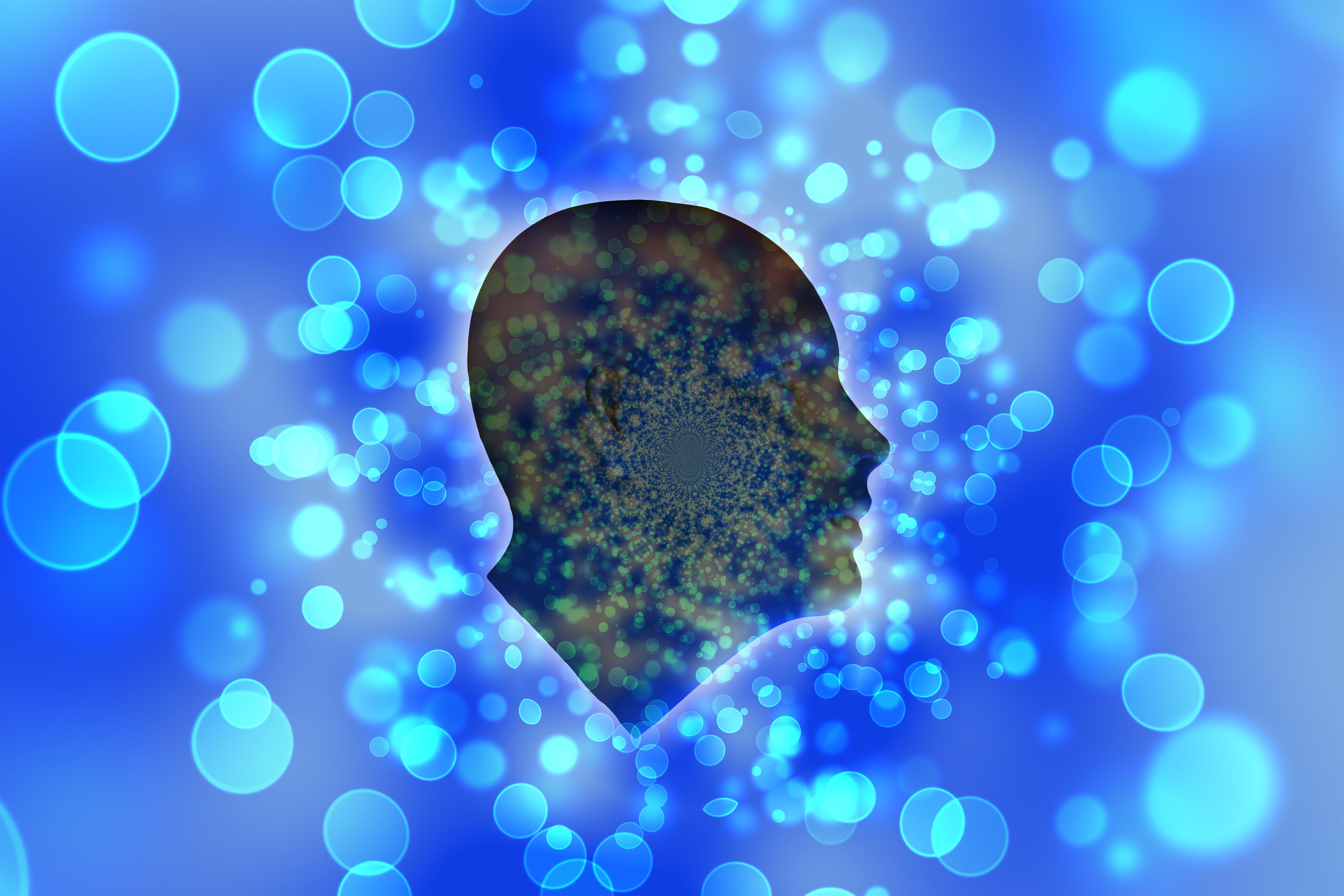What is mindfulness? In recent years Mindfulness has become a buzzword along with meditation. Many people have heard of it but very few know what it actually is.
Mindfulness means maintaining a moment-by-moment awareness of our thoughts, feelings, bodily sensations, and surrounding environment. It is a conscious awareness. Your attention is directed to the present moment and what is happening, in great detail, simply observing without judging.
Mindfulness also involves acceptance, meaning that we pay attention to our thoughts and feelings as they arise without judging them—without believing, for instance, that there’s a “right” or “wrong” way to think or feel in a given moment.
We spend around 47% of our average day on ”autopilot” if you’ve ever been driving and realised you don’t remember part of your journey, or started eating a packet of crisps and then realise it’s empty, that,s mindlessness, something we are all extremely good at to help us to get though our very hectic days in a busy lifestyle. We are aiming to get things done rather than paying attention to how we are doing them in any detail.
Mindfulness has a formal practice known as meditation and also an informal practice which can be done consciously in your everyday life, from the tiniest ten second awareness to longer practice, such as eating your lunch mindfully or walking in the park mindfully.
 Why Practice?
Why Practice?
studies have shown that practicing mindfulness, even for just a few weeks, can bring a variety of physical, psychological, and social benefits.
- Mindfulness is good for your body: Studies have shown that it can increase our immune system and dramatically improve the quality of sleep.
- Mindfulness is good for your mind: Several studies have found that mindfulness increases positive emotions while reducing negative emotions and stress. Indeed, at least one study suggests it may be as good as antidepressants in fighting depression and preventing relapse.
- Mindfulness changes your brain: Research has found that it increases density of grey matter in brain regions linked to learning, memory, emotion regulation, and empathy.
- Mindfulness helps you focus: Studies suggest that mindfulness helps us tune out distractions and improves our memory, attention skills, and decision-making.
- Mindfulness affects the way we see ourselves: More mindful people have a stronger sense of self and seem to act more in line with their values. They may also have a healthier body image, more secure self-esteem, and more resilience to negative feedback.
- Mindfulness makes us more resilient: Some evidence suggests that mindfulness training could help veterans facing post-traumatic stress disorder, police officers, adults who suffered child abuse, and caregivers.
Mindfulness has been used in a whole array of places recently with incredibly positive results including Prisons, Schools, Hospitals, care homes, pre and post natal groups, teen support groups and commercial businesses. It really does make a difference and for such a simple practice the results are quite phenomenal.
How do I start?
You could join a regular meditation group to learn and practice regularly or you could start with simple steps at home by yourself.
The next time you catch sight of your partner or a close friend, notice five new things about them. Pay attention to the way they move, their facial expressions, and the way their voice rises and falls, with its pitch and timbre. Can you sense their aroma? And their hair? Is it the same as you expected? Do they look tired or energised? Are they wearing their normal clothes? Pay attention to what they are wearing and the way the clothes follow or hide their contours. The aim is not to judge but to observe, everything is what it is. You find what you find. Does the person become new or different to you?
When eating or drinking, pay attention to all of the textures, flavours and aromas. try to separate them and focus on each one in turn. Then pay attention to the flavour, aroma and texture of the food in its entirety. Tea and coffee contain many different flavours and chocolate has over 300. See if you can sense some of them, and then see how they combine to produce the overall flavour of ‘tea’, ‘coffee’ or ‘chocolate’.
Make a start with a 30 second mindfulness session and work your way up to longer periods, even the most boring of activities suddenly becomes alive, just simply sweeping the floor becomes a whole new process when you use all of your senses to experience the process. How does it sound, how does it feel, what patterns are made. the process is never ending, enjoy!



No Comments